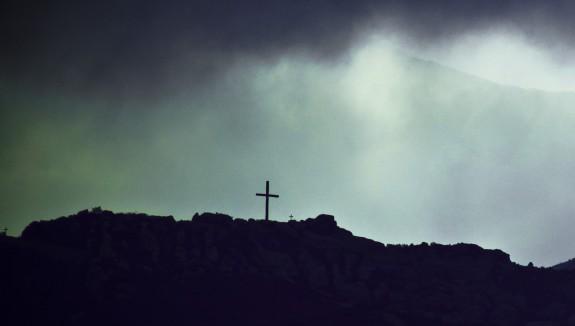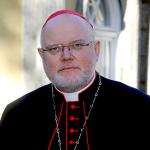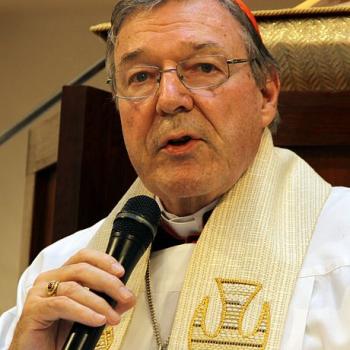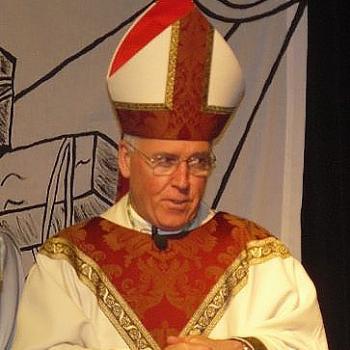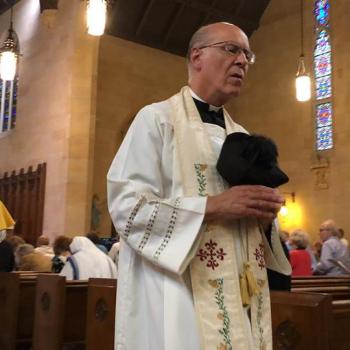Not all abusers are treated the same way in every country, as The Wall Street Journal makes clear:
One Sunday morning last year, the Rev. Jacek Wentczuk stood before his congregation and made a startling admission. He was a convicted sex offender, he said, found guilty in 2012 of molesting a 15-year-old girl in a nearby town. His bishop was considering transferring him.
Parishioners rallied to the side of the popular Catholic priest, who insisted he had done nothing wrong. They brought flowers and children’s drawings to persuade church leaders to keep Father Wentczuk in his job in this small town in eastern Poland, where he is known for ministering to the sick and dying.
“We gave him a chance,” said Monika Landzberg, a doctor at the local hospital. “This crime cannot weigh on a man until the end of his life.” Father Wentczuk didn’t respond to requests for comment.
There are deep splits in the world-wide Catholic Church over how to handle cases of sexual abuse involving priests, with some clergy and laity arguing that any member of the clergy who sexually abuses a minor should be removed from ministry. Others call for a more flexible, lenient response.
In the U.S., the church has adopted a zero-tolerance approach. Church leaders in Australia, Canada, Ireland and elsewhere also have moved aggressively against clergy who transgress.
But in many other places, including Poland, a less-strict standard prevails. The faithful often defend accused priests. And church leaders can be reluctant to punish abusers.
“You have to exonerate the human being,” said the Rev. Bogdan Jaworowski, a priest in southeastern Poland, whose congregation rallied behind a colleague convicted of distributing child pornography.
…The American rules “do not always transport or travel well,” said the Vatican’s top sex-abuse prosecutor, the Rev. Robert Geisinger, in a rare 2017 public statement of the Vatican’s thinking on disciplinary policy. ”Cultural sensitivity is needed in understanding how abuse is understood.”
Of the 20 countries with the world’s largest Catholic populations, including Poland, only the U.S. church has a “zero tolerance” policy, according to Anne Barrett Doyle of BishopAccountability.org, a U.S. organization that tracks abuse cases and supports zero tolerance.
In Italy, the national bishops’ conference decided in 2014 against requiring bishops to report abuse to civil authorities. Students and teachers in Spain have formed human chains to protest on behalf of accused clerical sex offenders, and Italian Catholics have demonstrated for their own.

